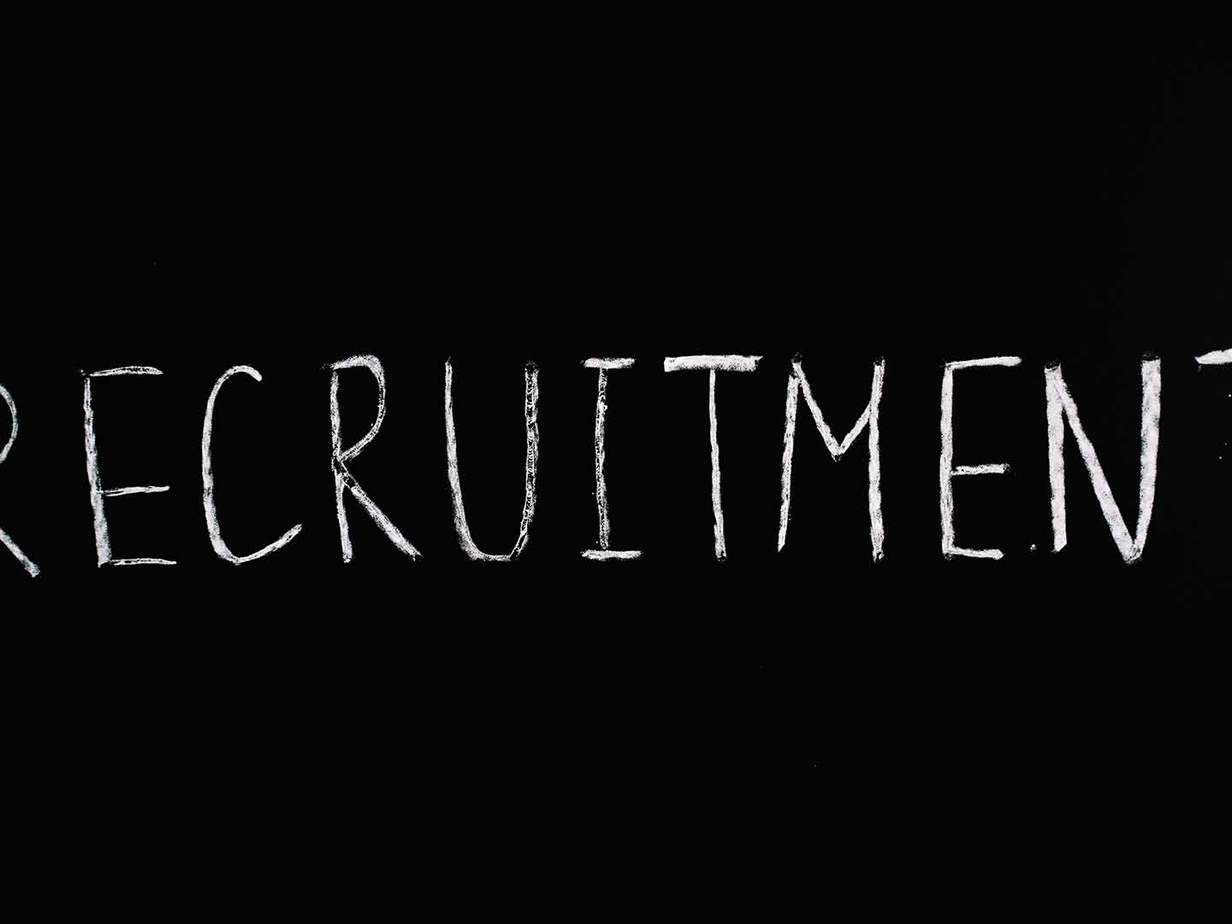
Is it possible to identify a potentially toxic job applicant during a hiring process that is strictly virtual? Absolutely. Using the right tools, you can greatly reduce the chances of bringing in an individual who will create organizational chaos, even in a remote work environment.
How Workplace Toxicity Develops
As Steve Sisler, owner at Behavioral Resources Group, point out, it’s important to understand how toxicity develops in the workplace. Basically, a team member may have trouble doing the work they’re supposed to do, they might have difficulty getting along with their co-workers, or they might not like their supervisor. If you hire or promote an employee who encounters one of these challenges, you’ll notice disruptions. People will begin to gossip instead of getting their work done. You may lose a great employee to a competitor because they can’t take the toxic environment anymore. Or you may realize there’s a huge slowdown in productivity.
If you rushed to fill an open position, you may not have screened your candidates carefully enough. That lack of screening can be expensive. In your race to hire, you may have missed a couple of important details. If the new person doesn’t work out, you’ll need six months to show them the door. Our survey of sales managers also indicates that the average recruiting process lasts for three months. And then the new hire will need six months to come up to speed. With a failed hiring process that extends for at least 15 months, you have zero return on your investment that amounted to over one year’s worth of salary for the sales rep. Don’t forget there are hidden costs as well – the value of your time and any training and support that was offered by internal employees or external contractors.
Using a Sales Skills Assessment Test
How can you avoid this scenario in the future? Identify your top candidates by reviewing how well their experiences and stated goals match the requirements of your job description. At this point, it’s tempting to start the interview process, either online or in person.
Before you take that step, remember what can happen in an interview. Sales candidates, in particular, can be gifted at selling themselves. During an interview, they’re doing their own discovery on you and using what they learn to impress and influence you. They’ll show you what they want you to see.
How to Identify a Potentially Toxic Job Applicant
The best way to remove your emotional responses to a candidate’s interview performance is to get to know a little about them ahead of time. A comprehensive sales skills assessment can give you an unbiased view of the candidate. The results will indicate if there are work situations in which an employee is likely to respond by badmouthing others, by being unable to perform as a team member, or by trying to sabotage someone else’s project. You’ll also learn about the person’s underlying motivations. If the assessment results show that your top candidate has a tendency to be impatient with others and to be highly controlling, you should explore the topic further in an interview. That decision will depend on how well their assessment results match up to everyone else's.
In her Fast Company article, Stephanie Vozza cites Mike Goldman, a leadership team coach. Specifically, Goldman likes to use interview questions to expose the truth about a candidate, such as whether they are willing to accept accountability. “During the interview, ask them to describe… a time when they were wrong. The more forthcoming they are, the greater chance they’ll be willing to tell the truth as your employee.” When you combine answers to questions like these with assessment results, you get a good picture about the person you want to hire and whether they will fit will into your organization.
